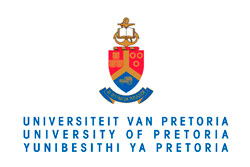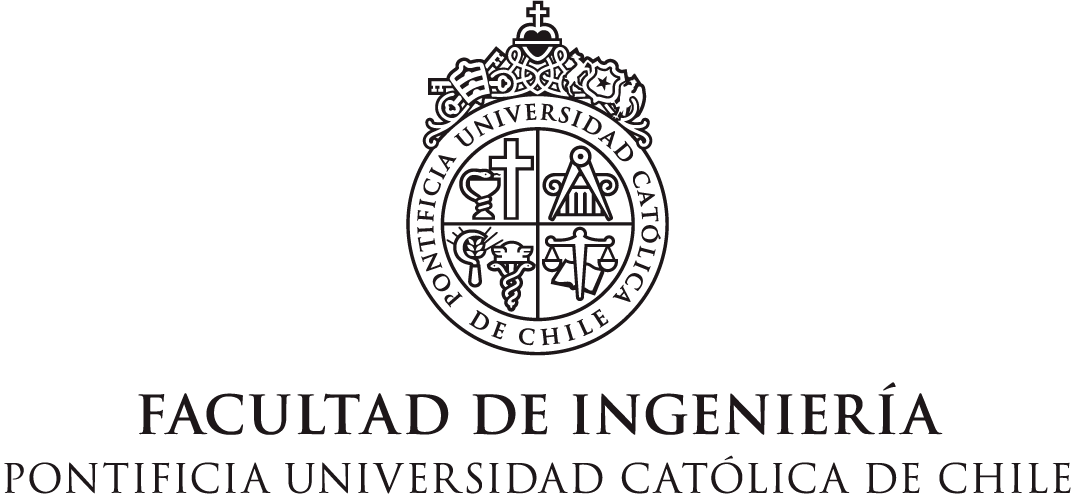While bus rapid transit (BRT) has emerged as an attractive sustainable urban transport solution in many cities throughout the world, many systems have experienced challenges and shortcomings. This chapter discusses the complexities facing decision-makers in developing and implementing BRT as part of an integrated city-wide transport system.
One of the attractions of dedicated BRT systems stems from its comparison with other urban transport solutions such as light rail. BRT benefits from a combination of low cost structure and good service characteristics which allow the delivery of capacity higher than rail based alternatives at a much lower cost. For many cities, this has meant that the infrastructure cost has been less of a burden on the taxpayer since more infrastructure can be provided for a given level of funding.
Reviews of existing development and implementation of BRT systems around the world reveal common challenges and lessons from bus system improvements and BRT. These include issues relating to planning, implementation, and operations of BRT systems, and their interconnections with financial, institutional and regulatory constraints.
In many systems, initial problems were resolved in the early period of operation, but others had more profound issues leading to change and improvement adapted and improved over time. This chapter distils the lessons learned from BRT projects across Latin America, Asia, Africa and Australia.











